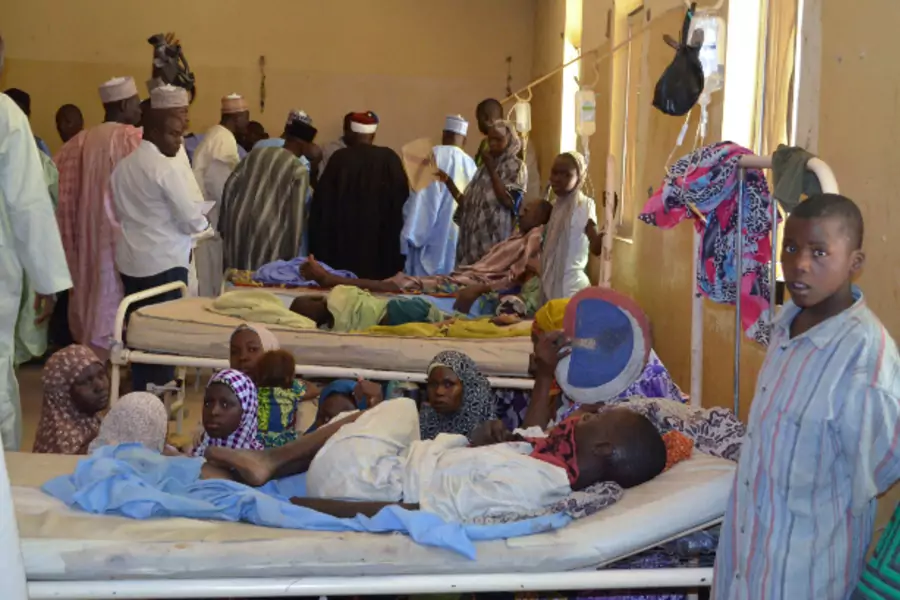More on:
The Voice of America reports that the death toll from a “Boko Haram” attack on a federal government college the night of February 24-25 has reached fifty-nine. The method of the slaughter was characteristically horrific; the male students were deliberately locked into their dormitory and burned to death, those who tried to escape had their throats cut. The female students were unharmed but sent home with instructions to abandon western education and to find husbands. The campus appears to have been torched.
The college was an obvious “Boko Haram” target. It was a secondary boarding school run by the federal government, drew students from all over the country, and was secular. The diffuse elements of Boko Haram seem to have a common hatred of the federal government, secularism, and western education. A government college embodies all three.
The governor of Yobe state, where the killing took place and which is one of the three states under a state of emergency because of Boko Haram, noted that the few soldiers assigned to the school had apparently been withdrawn hours before the attack and failed to arrive at the campus until noon the following day, hours after the attackers left. Why? Many others are asking the same question. A Muslim non-governmental organization, Muslim Rights Concern, issued a public statement that raises important issues:
“Why is Boko Haram always attacking when they are supposed to be on the run? Why are our troops always on the defense? Is it true that Nigerian soldiers merely sit and wait for the group to attack? Is it also true that there is poor welfare for soldiers posted to the area? Is it true that soldiers in the region use their own money to pay for treatment? Who is keeping sophisticated weapons from reaching Nigerian soldiers fighting Boko Haram?” And so forth.
Meanwhile, parts of the Nigerian press are reporting that a member of President Jonathan’s public relations staff writing under a pseudonym is insinuating that “suspended” governor of the Central Bank Lamido Sanusi is linked to Boko Haram. Sanusi, a banker with an international reputation, formerly the occupant of high government appointed office, and the grandson of an emir of Kano is precisely the type of “renegade” or “false” Muslim that Boko Haram targets, more than Christians. The insinuation is ludicrous.
Meanwhile, we are waiting for the answers to Muslim Rights Concern’s questions.
More on:
 Online Store
Online Store
